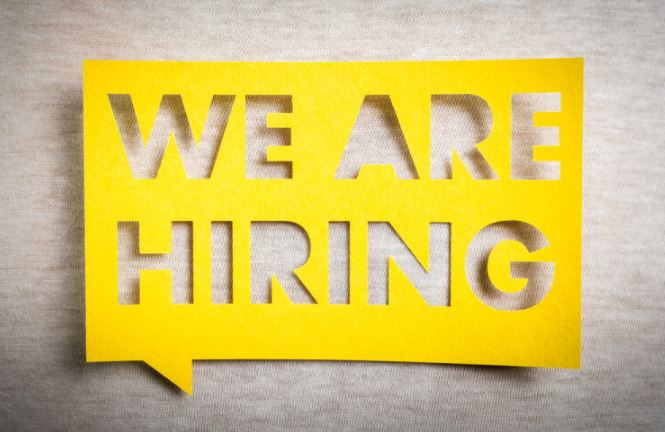×
The Standard e-Paper
Stay Informed, Even Offline

Did you know that employees are more valuable to a business than customers? On your own, you can only do so much. At some point, you will need to hire human resource to help you with various aspects of your business. Most often, it is employees who will be in direct contact with your customers.